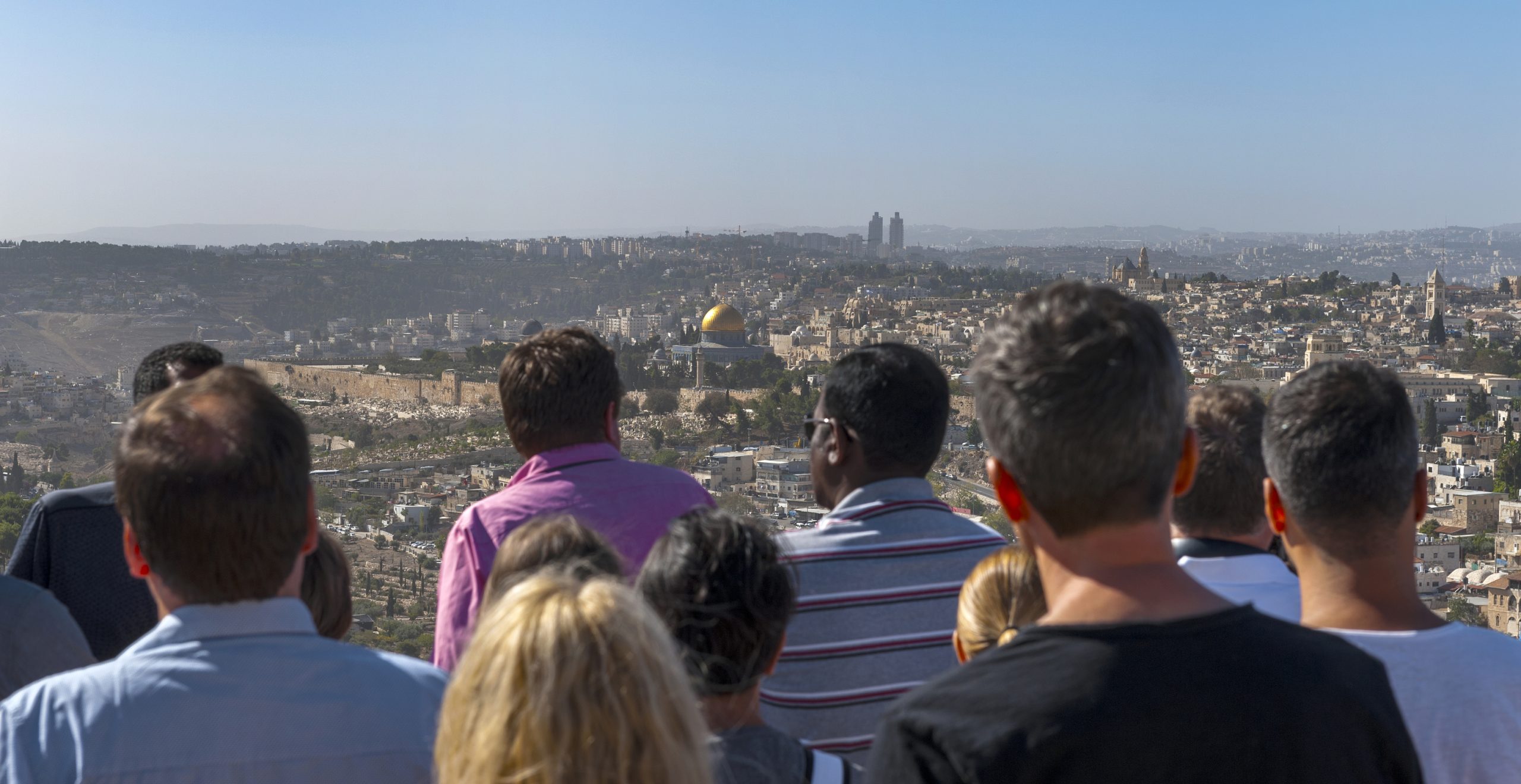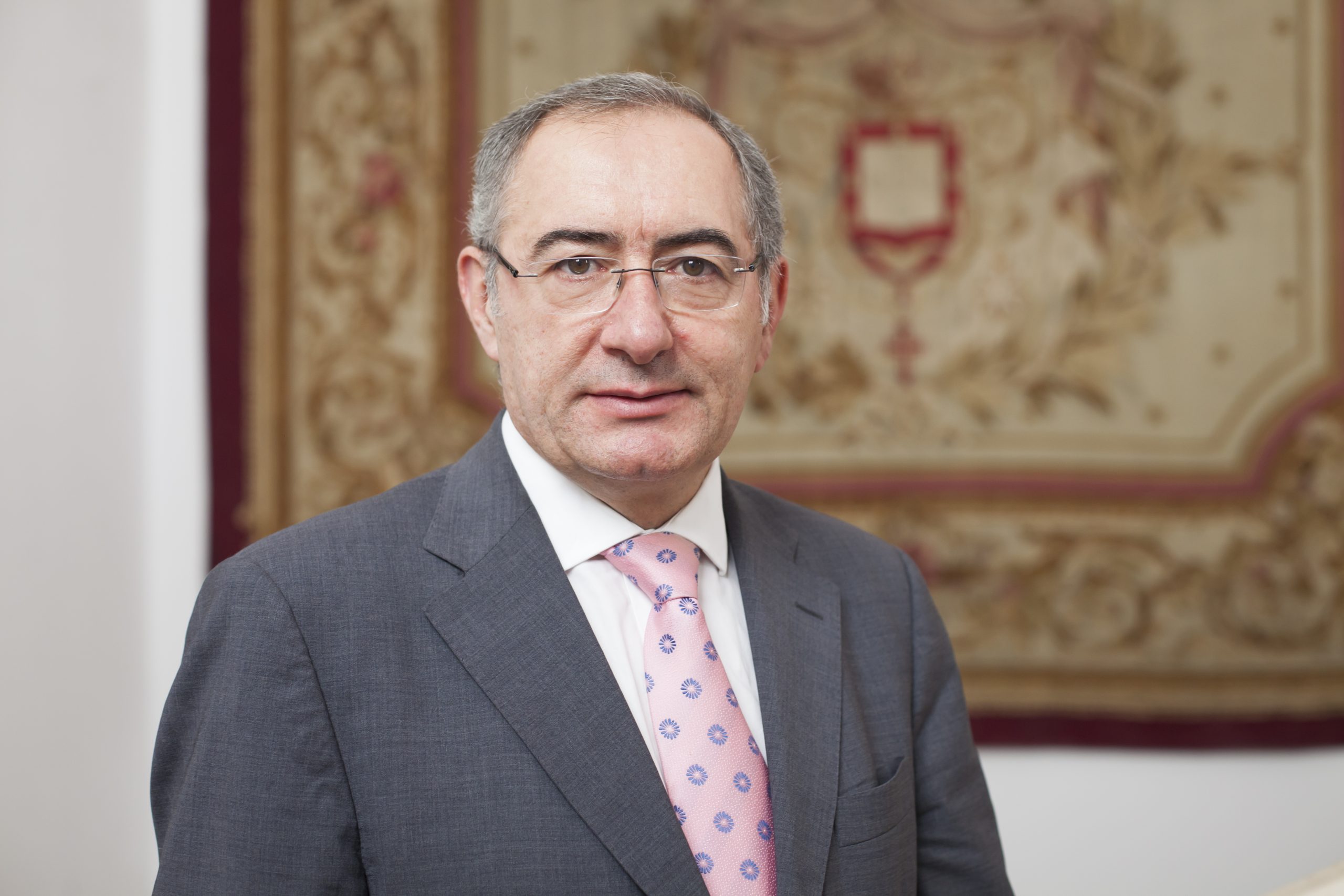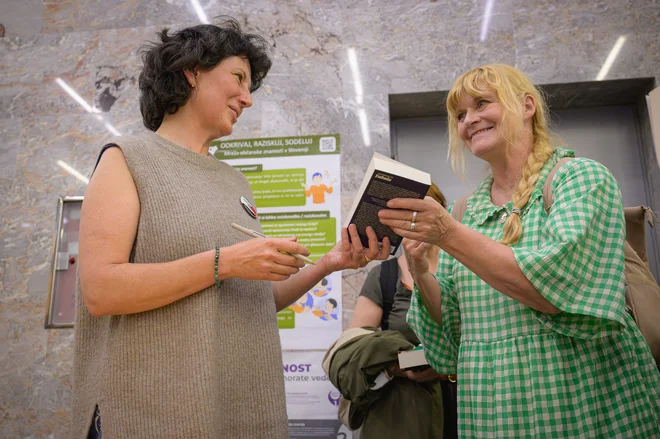Celebrations in times of war on the Holy Land oblige security reinforcement

It is said to be a place that should be visited at least once in life, even for those who are not religious. Passing Easter in Israel, known as the Holy Land, is one of the most exciting and special times for Christians. Easter in the Holy Land is traditionally a time of profound spirituality, pilgrimage and celebration, with special emphasis on Jerusalem, where Christians believe that the crucifixion and resurrection of Jesus happened.
This year, Easter pits on April 20 but the celebrations begin before. Orthodox and Catholics Christians concentrate their celebrations in the Church of the Holy Sepulcher, in the Old City of Jerusalem, where they celebrate the crucifixion, burial and resurrection of Jesus since the fourth century.
The central point of these date is obviously celebrated more prominently in the city of Jerusalem, where it is possible, for example, to make a Christian walk through Jerusalem through the painful way.
Easter, like Christmas in Israel, is one of the two main periods of the year for Christian visits to the country.
Traditionally, thousands of people wait for this season to visit the region, but in war times, this scenario may be a little different. It is that, during this conflict between Israel and Hamas, Pascal celebrations become quieter and perhaps a little more restricted. Although the Basilica of the Holy Sepulcher keeps its liturgies, they are expected less faithful, not only local but also tourists.
It is known, the insecurity that is felt in that region drives many tourists who prefer not to risk moving to the sacred place.
The tourist data
In November last year, the Israeli Ministry of Tourism released several data illustrated the impact of war on the tourism sector and the characteristics of hundreds of thousands of tourists who visited the country during this period. Made the accounts, since the beginning of the war, were recorded about 853,000 tourists, coming mainly from the United States, France, Britain, Russia and the Philippines.
The numbers show that the foreign tourism sector lost $ 4.675 billion, while the domestic sector lost $ 190 million. « The effects of the war also spared the Palestinian tourism sector, knowing that the growth of the economy of the city of Natal depends entirely on tourists who visit the basilica of Nativity, » says Israel tourism.
Official data show that after a sharp drop in the number of visitors in 2024, with a decrease of about 80% compared to 2023, the tourist sector began to resume activities at the end of the year. In January 2025, Israeli authorities spoke in a significant increase in travel requests, anticipating that the number of visitors exceed 3.5 million by the end of the year.
This means that although tourism in Israel has been significantly affected by war, there are clear signs of recovery and the country has carried out initiatives to attract visitors and events that highlight its religious and cultural importance.
But not all countries find a good idea for their citizens to visit Israel and that region. United Kingdom, Canada, France or Germany, for example, even though they do not ‘prohibit’ their citizens of visiting Jerusalem specificly, advise trips to the region. Portugal also left this recommendation last year.
Here, some travel agencies have stopped traveling to Israel due to the conflict. James Incarnation, Operational Director of Lusanova, tells the I That “Israel, and in particular Jerusalem, is a destination with enormous cultural, spiritual and historical meaning for many Portuguese travelers,” but since 2023, has chosen to temporarily suspend its programming to Israel. « We closely follow the evolution of the situation and we are certain that, as soon as all the conditions of security are gathered and based on the guidelines of the Ministry of Foreign Affairs, we will again offer this destination with the quality and confidence that has always characterized us. »
Still, the official has no doubt that Easter “is, traditionally, one of the times with greater demand for our circuits in the Holy Land. The symbolism of this date, coupled with the cultural and spiritual richness of destiny, remains a reference for many travelers” and therefore ensured that “security is fully guaranteed, Lusanova will be prepared to resume its programming, a destination, a destination, a destination, a destination, a destination, a destination, a destination, a destination that occupies a special place in our offer ”.
A different Easter
But even though the celebrations happen, the war is not over yet and Easter may have another flavor this year – once again.
A year ago, for many Jews, any celebration climate was drowned out by the dozens of hostages captured by Hamas in Israel and kept in Gaza. Many tables of Seder, Israel and elsewhere, were with their places empty, representing those who were killed or made hostage on October 7, 2023.
Even after the recent liberation of some hostages, others remain in prison. The hopes of a formal end to the conflict were lying down due to the failure of the ceasefire and the resumption of the fighting.
Secure Community Network, which provides security and protection resources for hundreds of Jewish organizations and institutions in North America, has issued frequent warnings before Easter, according to AFP.
The few local news that can be found on the subject gives you that the main ceremonies for Christians in Jerusalem, such as Easter Mass in the Basilica of Saint Sepúlcro, should occur, but with a restricted presence of faithful, when it would be a time when hundreds of thousands of Christians gathered in this church to celebrate the resurrection of Jesus.
In addition, the flow of pilgrims who normally travel to Jerusalem on Easter will be lower. Many will probably avoid the city and Israeli authorities can impose additional restrictions or safety on the busiest areas, such as the case of the olive hill or the regretful wall.
The news also tells that a large increase in the military and police presence is expected to ensure the safety of the celebrations and it is expected that the government takes steps to avoid any violence in the areas of higher religious concentration.







